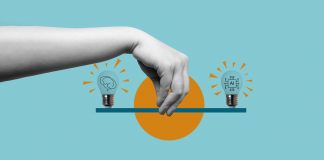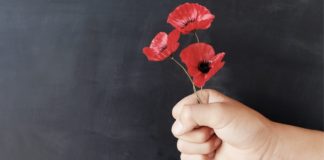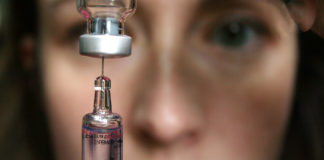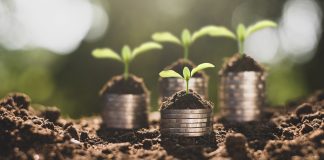The diamond with 1,000 facets | Aspects you didn’t consider when reading the biblical account of creation
Born in Africa, at the crossroads of three cultures—Arab, French, and Jewish—Jacques Doukhan was raised in a Jewish family. At the age of 18, he discovered the Christian gospel and became a Seventh-day Adventist, rejoicing that he did not have to renounce his roots in this church. Like Jews, Adventists observe the Sabbath and "share the same life ideals", explains Dr Doukhan.
A small part in the biggest story
There are three main qualifications I have as an amateur Road to Bethlehem actor: I am tall, I am prepared to wear a funny hat in public and I have committed to making myself available to do it each year for a week in December over the past 10 years.
I wanted to create my own nutrition AI agent
We are living in strange times. Never before have there been so many "mentoring programmes", "transformational coaching", or "psychological methods" for sale, and never before has it been easier for them to be generated by artificial intelligence. An entire industry promises change, clarity, and discipline, but often there is no human behind these promises, only a robot.
Did Martin Luther really believe in Sola Scriptura?
For ten years Luther read the Bible twice a year. His first Bible was so thoroughly read that he "knew what was on every page and where every passage was found." Martin Luther is the most prominent name among those who brought about the Reformation and took Bible study to a new level.
COVID-19: What people on the front line think and feel
While most of us have been staying inside for several weeks, many leave the safety of their homes every day to help us live our lives as normally as possible.
The generation gap, a power struggle?
At some point, we've all come across the phrase "back in my day," a deeply subjective expression which encapsulates a universal phenomenon: the generation gap.
Louis Braille | The blind man who opened their eyes
Louis Braille said: "God was pleased to hold before my eyes the dazzling splendours of eternal hope. After that, doesn't it seem that nothing could keep me bound to the earth?"
Clash of sexual cultures (II)
Jessica was 19 when she had to tell her parents, both practicing Christians, that she was pregnant. That moment generated a real earthquake in the young woman’s family who, together with her boyfriend at the time, had been strongly involved in the purity movement, an ideology that promotes sexual abstinence until marriage, for religious reasons.
How to be a good listener
The portrait of a good listener contains skills that are formed over time, through an honest interaction with others, motivated by the desire to understand and help them.
Really Living
The following interview was conducted by Hope Channel Romania almost ten years ago when the guest, Pastor Don Schneider, was the president of the Adventist Church in North America. Last year, on May 23, he passed away at the age of 76. Those who follow Hope Channel remember that, for a few seasons, they were able to watch his show, Really Living. Every...
Future technology and current concerns
"[B]ut test them all; hold on to what is good" (1 Thessalonians 5:21).
The wonder pill
It was terrifying. They kept trying to comfort me by telling me they had the best surgeons. But they also said that I needed a new liver and that my body might reject it. – Christopher Herrera
The greed for knowledge
If science were a religion, how violent would it be compared with Christianity?
Tutorial: How to easily spot fake news
In an interview published by Inc.com, 24-year-old Romanian Ovidiu Dobrota, from Oradea, Romania, boasted that his fake news site Ending The Fed had a substantial impact in supporting Donald Trump in the presidential elections. According to a Buzzfeed analysis, his boasting is well-founded.
From the realm of utopias: A world without credit
We live in an economic system whose main fuel is loans. For this reason, the phrase “a world without credit” sounds far-fetched, to say the least.


























